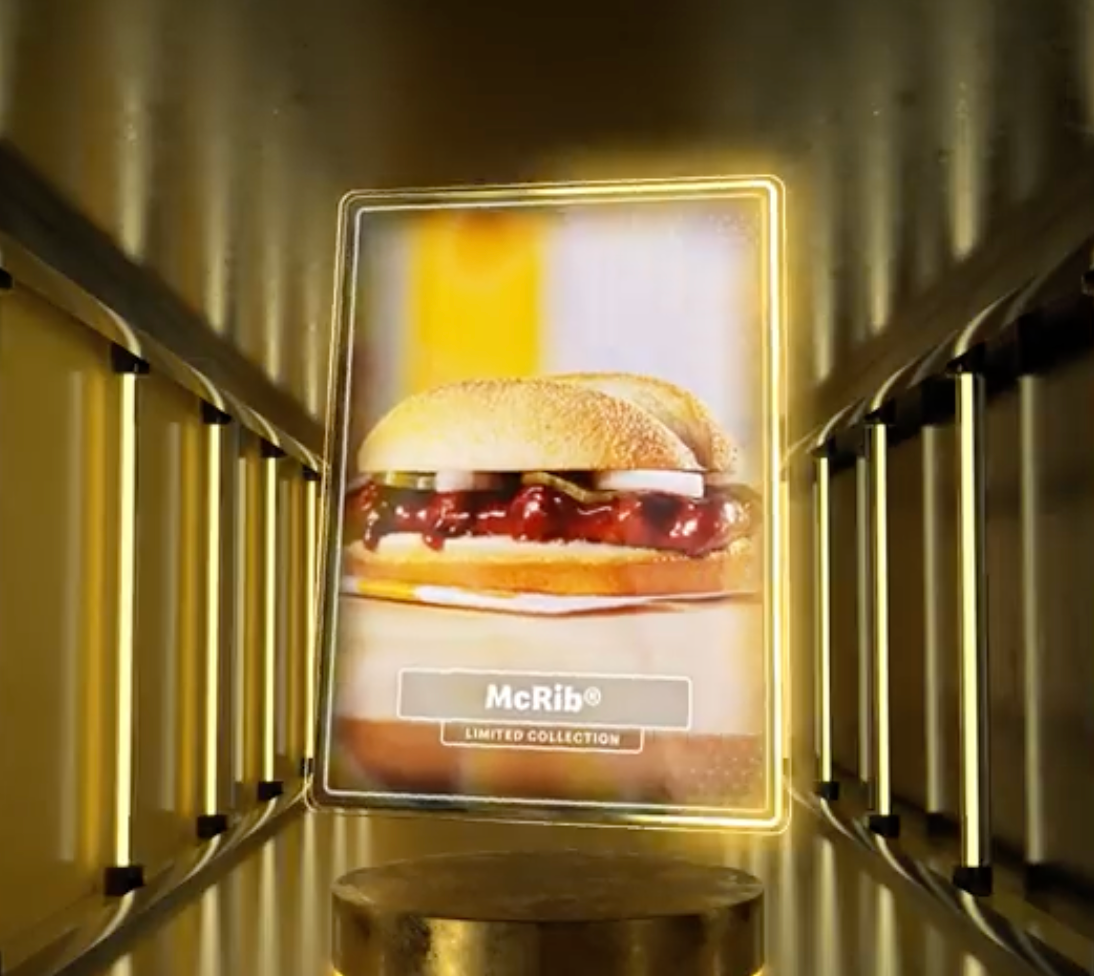Father is trying to have moment his daughter was shot dead turned into an NFT
‘At this point we’re throwing spaghetti against the wall to see what sticks and that seems to be the one that could stick’

The father of a journalist who was shot dead while live on air wants to have footage of her murder turned into an non-fungible token (NFT) to try to remove it permanently from the internet.
Andy Parker’s daughter Alison, 24, was murdered along with her cameraman Adam Ward in Roanoke, Virginia, in 2015, by a disgruntled former employee of their television station WDBJ.
Mr Parker has tried for years to have the clip removed from social media and YouTube, but copies of the footage still receive thousands of views each day.
Mr Parker told The Independent he was turning the clip into an NFT to try to assert copyright over the footage to force tech platforms to rid it from their systems.

He said he had tried every possible avenue to have the content removed from and the decision to create an NFT was an “act of desperation.”
“At this point we’re throwing spaghetti against the wall to see what sticks and that seems to be the one that could stick,” he told The Independent.
His daughter’s boyfriend Chris Hurst came up with the idea late last year and together they created an NFT of the footage, and have “minted” it on the NFT exchange website Rarible.
“It is minted, it’s good to go. The next step is to work with the legal team to use this thing to see how we can go after Google and Facebook.”
An NFT, or non-fungible token, is a digital token which is encrypted with the creator’s signature to show copyright and authenticity.
He hopes that by creating the unique digital copy of the footage, which is stored on a blockchain similar to cryptocurrency, a form of digital ledger, that he can sue the platforms that show it for a breach of copyright.
The videos have repeatedly been flagged to the platforms such as YouTube and Facebook as problematic and glorifying violence - but they remain available to view.
In October, Mr Parker and his attorneys filed a complaint with the Federal Trade Commission asking it to take action against Facebook and Instagram for failing to remove footage of Mr Parker’s daughter’s killing.
But under section 230 of the Communications Decency Act, social media companies are not liable for the content on their platforms.
Legal experts are unsure about whether Mr Parker’s attempts to force Big Tech’s hand will be successful.
Adam Massey, a partner at C.A. Goldberg, which specialises in helping victims of online harassment, told the Washington Post copyright was an option of last resort.
“For victims of horrific images being distributed on the Internet generally, unfortunately and inappropriately copyright does end up being an effective tool.”
Mr Parker is also running as a Democrat for Virginia’s 5th Congressional district and is focussed on forcing Big Tech to remove harmful content.
“These social media companies are not addressing bullying and harassment,” he said.

He has also petitioned his daughter Alison’s former employer Gray Television for joint copyright of the footage, but they have refused to help, he said.
“Inexplicably they refuse to do it. And they won’t say why.”
The Independent has contacted Gray Television for comment.
NFTs have become increasingly popular among celebrities, artists and musicians as a way of having their work logged and authenticated on blockchain.
Melania Trump recently put an NFT of an image of her eyes up for sale, which she sold to her self for $170,000.
Twitter co-founder Jack Dorsey’s first-ever tweet “just setting up my twtrr” was sold for $2.9 million.
The woman who appeared in the “Disaster Girl” meme sold the original photo as an NFT for more than $473,000 in April last year.
Monthly sales of NFT artwork is estimated at $2bn, according to JP Morgan.




